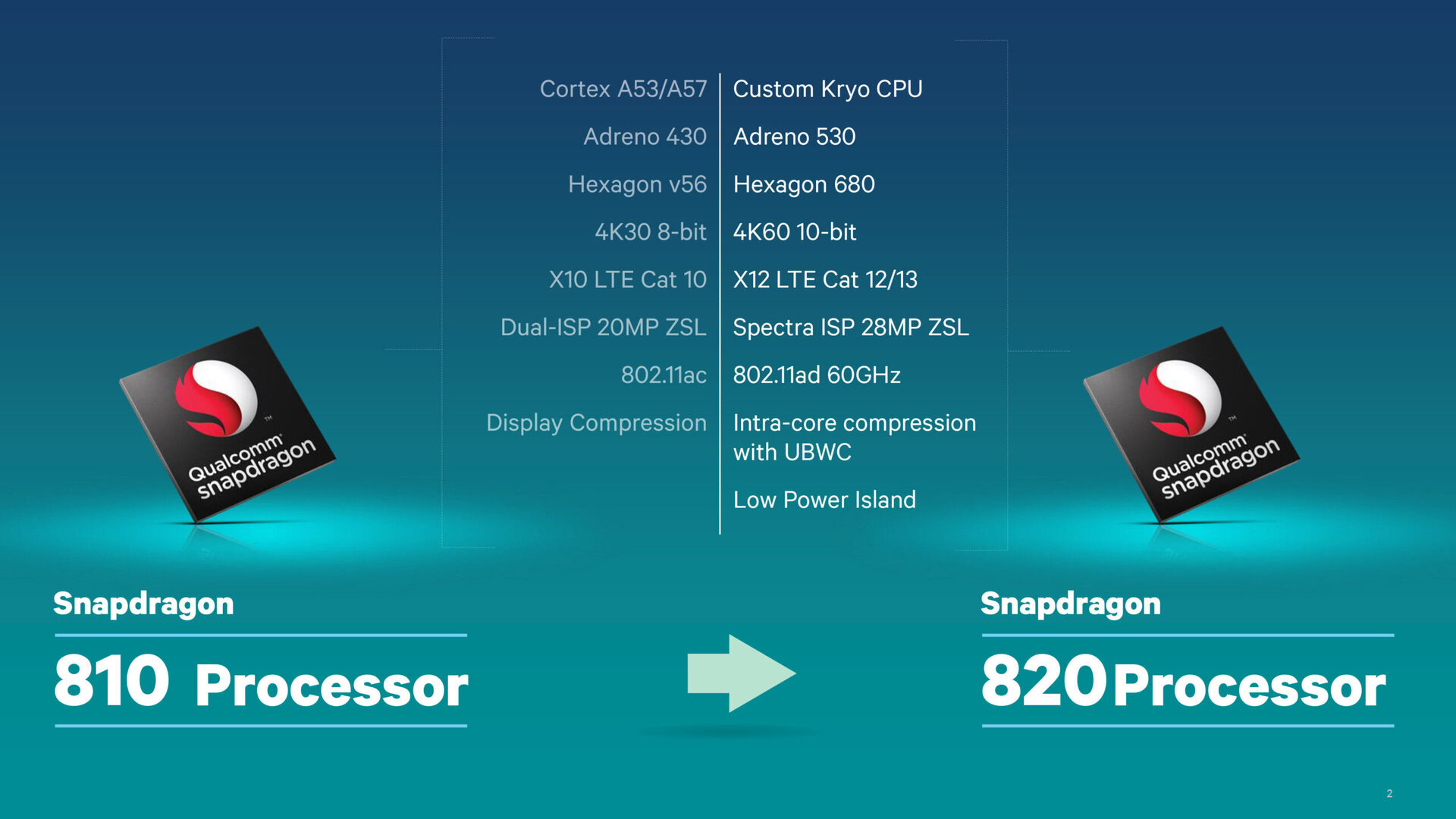Affiliate links on Android Authority may earn us a commission. Learn more.
WSJ: Qualcomm won't spin off chip or licensing divisions

For any purported power user in the mobile phone arena, the name Qualcomm is as synonymous with top tech as it is the Snapdragon SoC it manufacturers. Despite Huawei and MediaTek having made significant improvements in their own silicon recently, many still scoff at such “pretentious” power. Even Samsung’s Exynos brand has yet to rival the market share majority the San Diego, California-based company commands. Likewise, Qualcomm’s patent portfolio is, in many ways, part of the backbone of mobile infrastructure at-large.
Naturally, it is this exact dominance that has given rise to charges of monopolistic practices and calls for Qualcomm to spin off its chip and patent licensing divisions, its two primary sources of income. Today, as reported by The Wall Street Journal, the company made an official decision and has announced it will not be doing any such thing, due to an unfavorable outcome for investors were it to happen. As the WSJ states:
Paul Jacobs, Qualcomm’s chairman, said the review studied options that included full or partial separation of the chip and licensing businesses, a public offering of a subsidiary and issuing tracking stock. But the committee and board of directors unanimously concluded that the current structure worked best.“It was a very rigorous process,” Steve Mollenkopf, Qualcomm’s chief executive, said during a conference call with analysts. “We looked at everything.”
The decision comes amid a somewhat tumultuous year for the company. Beginning very early on with reports that its then-new SoC, the Snapdragon 810, ran so hot that it hampered performance, the fall-out then played out in a rather unfavorable fashion. LG, the first OEM to ship a consumer device with the 810, its G Flex 2 smartphone, would later opt for the “lesser” Snapdragon 808 when it came time to releasing its flagship, the LG G4. This resulted in damage control PR from Qualcomm.

The 810 situation also proved to be problematic amid reports, like that which Japanese carrier NTT docomo issued via in-store warnings, of the SoC’s overheating and ways to deal with the unwanted performance problem. This situation, coupled with a promise to consider separating its two main business units, led to not only losses, but also lay offs this past summer.
Meanwhile, Qualcomm has also had to deal with an investigative probe in China due to its practices, and now antitrust charges in the EU. The former of the two, which was settled earlier this year, resulted in a $975 million pay out. The latter has just began this month, and comes amid an investigation beginning in Taiwan, as well as emerging ones in both Korea and the United States stemming from the China charges.
News of Qualcomm’s decision not to splinter itself led to a stock price increase of 4% to $48.77 as of mid-Tuesday. It is currently hovering around $48.02.

There has been much anticipation in the months leading up to the 2016 launch of the Snapdragon 820, which by all accounts looks like it will be a true titan of mobile performance. Rumors have suggested that Samsung, which very visibly avoided the 810 at all costs, may be producing Galaxy S7 variants that include the new chip, and just today rumors of Sony including it in two different flagships for next year.
For better – or worse – however, it may very well play out that if Qualcomm continues its success and current practices the next year could also see additional legal proceedings filed against it. What do you think? Are you a fan of Qualcomm? Should it split its two main businesses to avoid potentially more legal trouble in the future? Let us know in the comments section below!